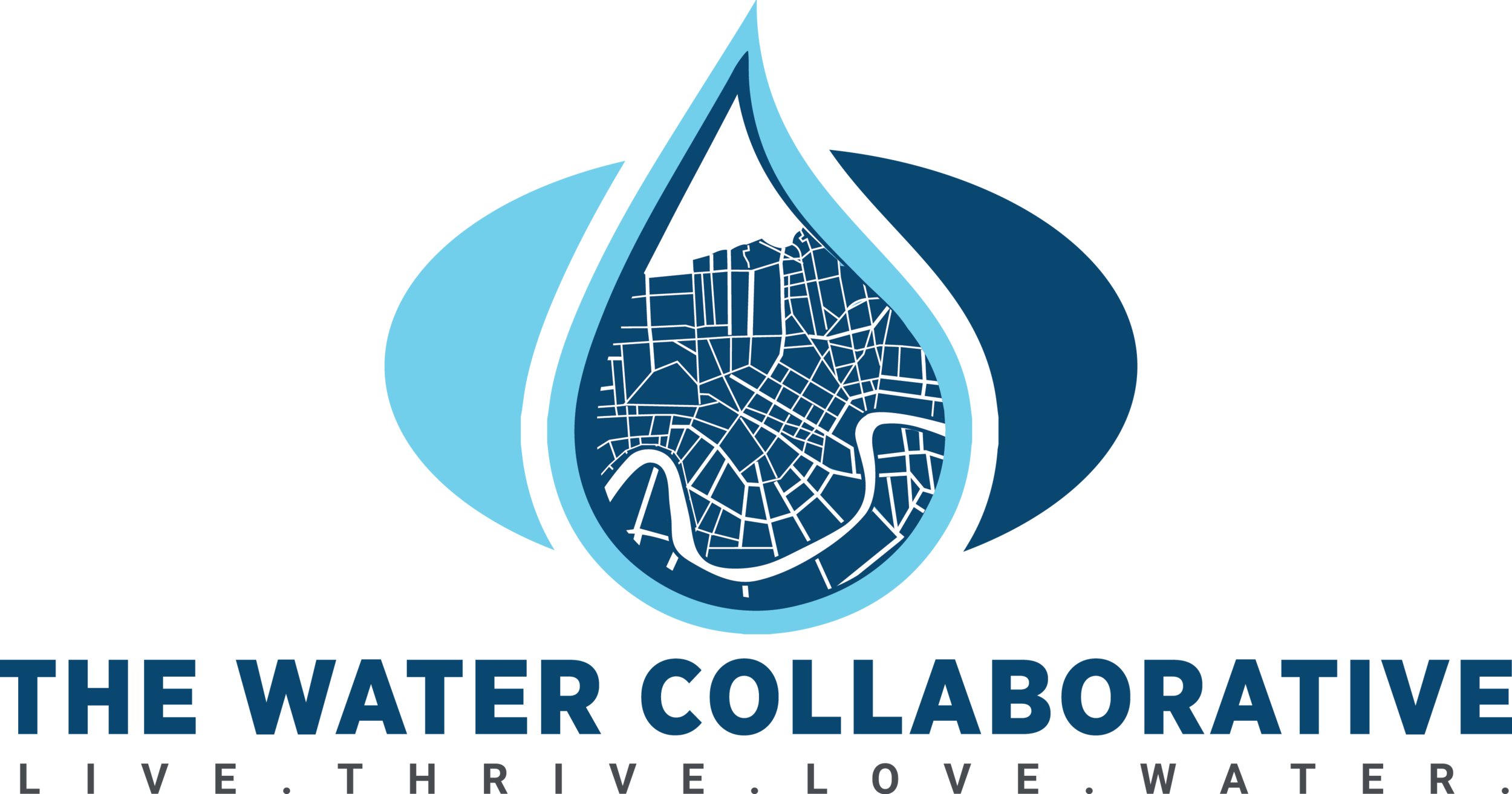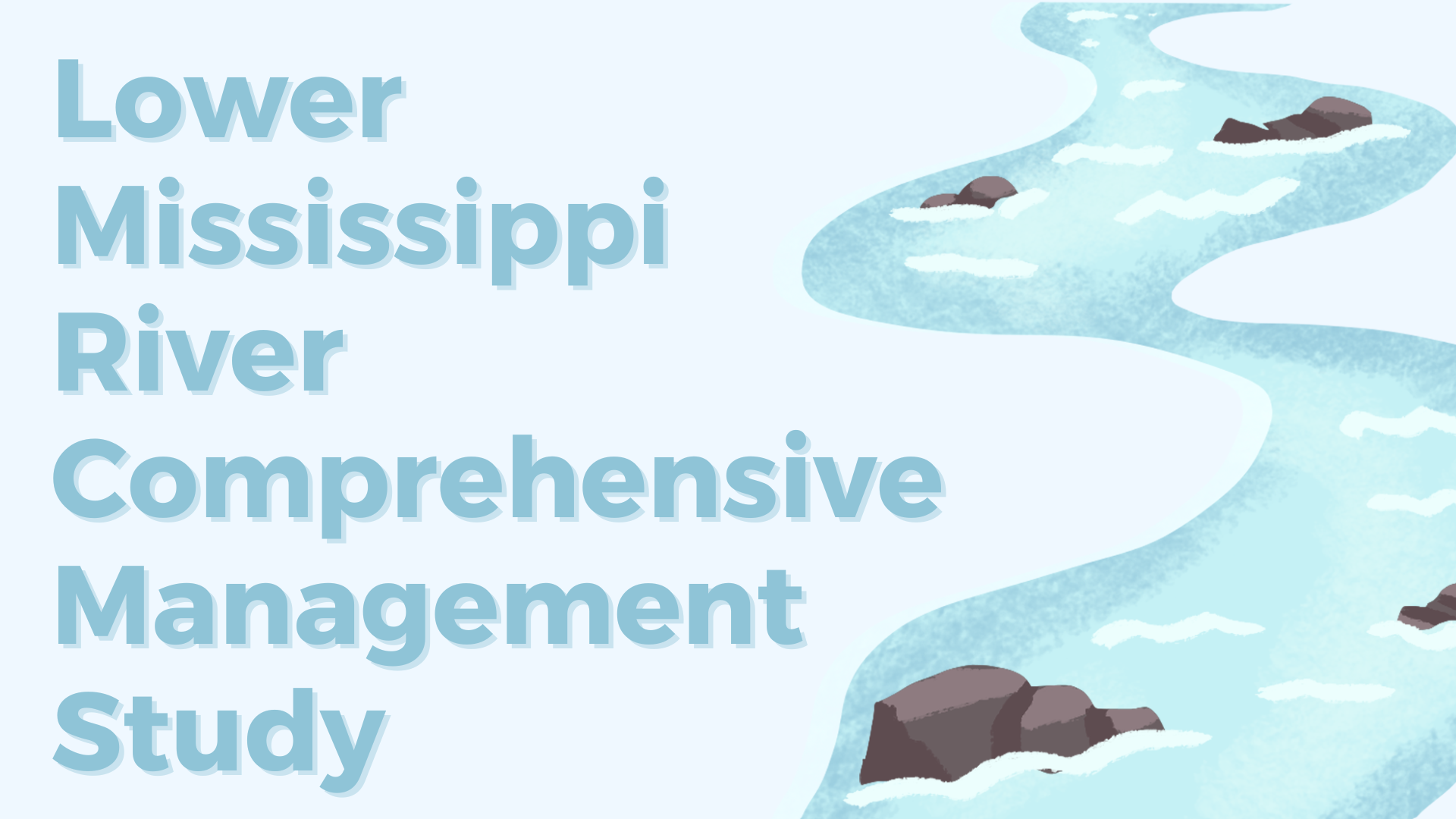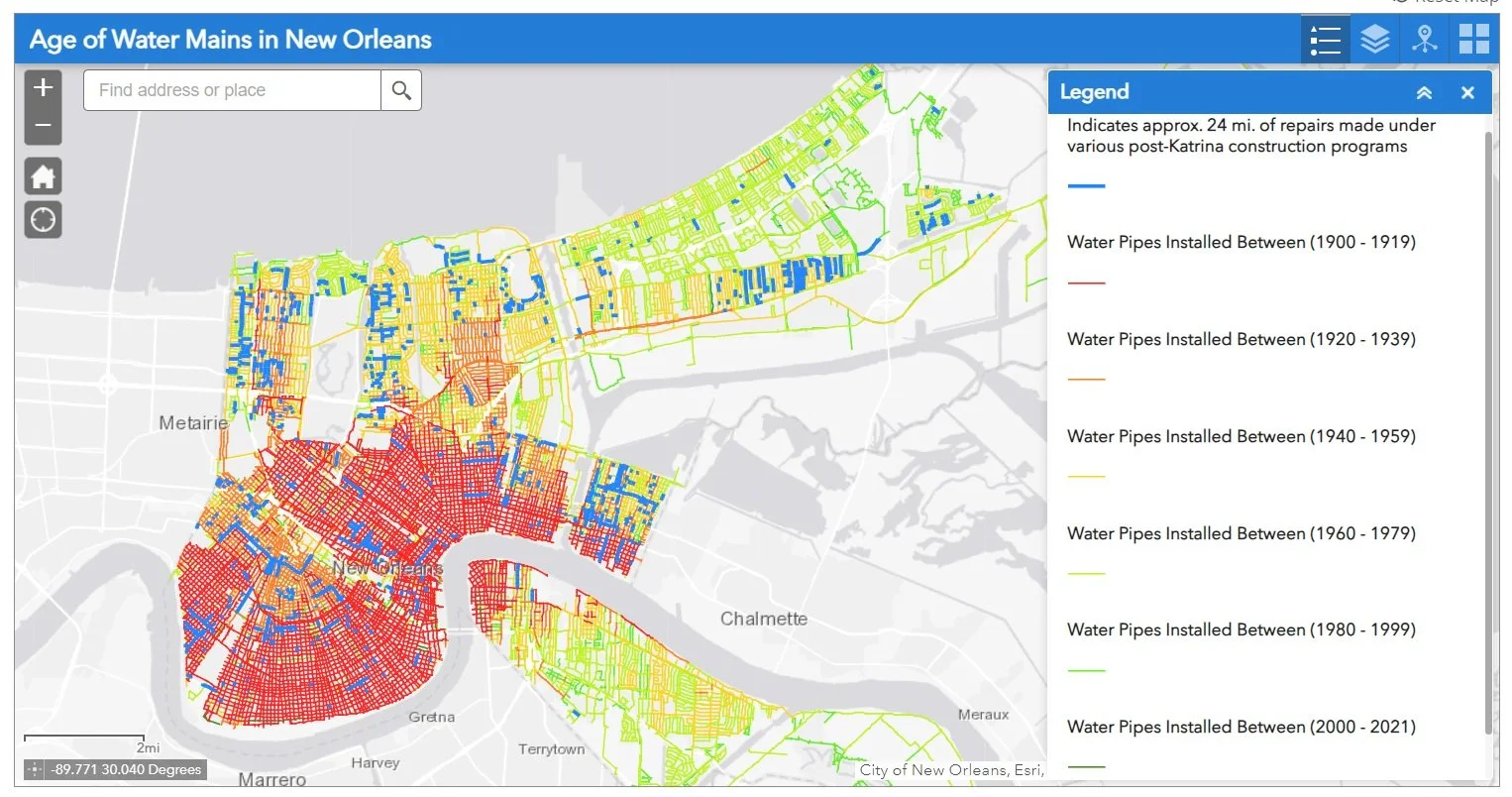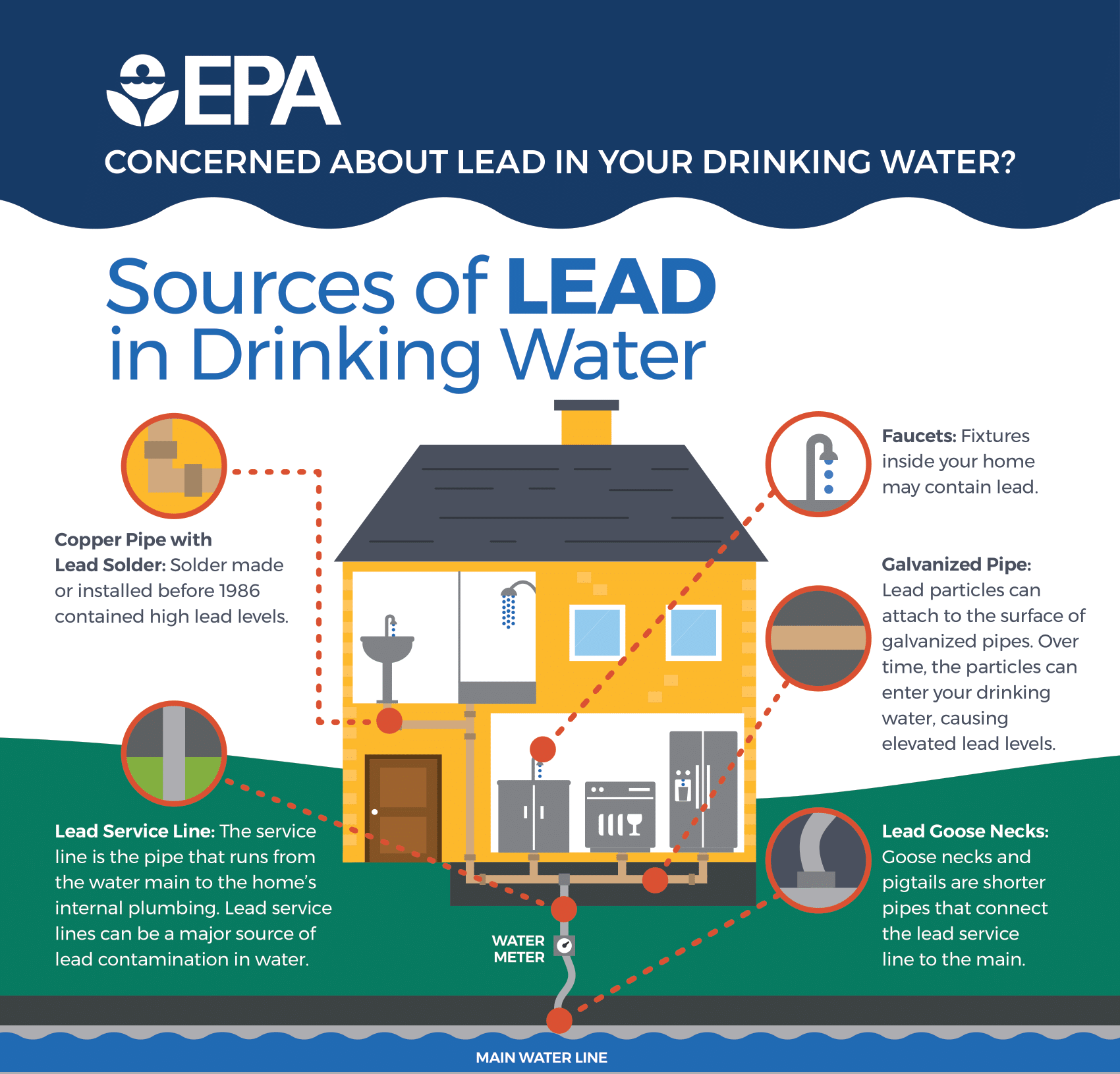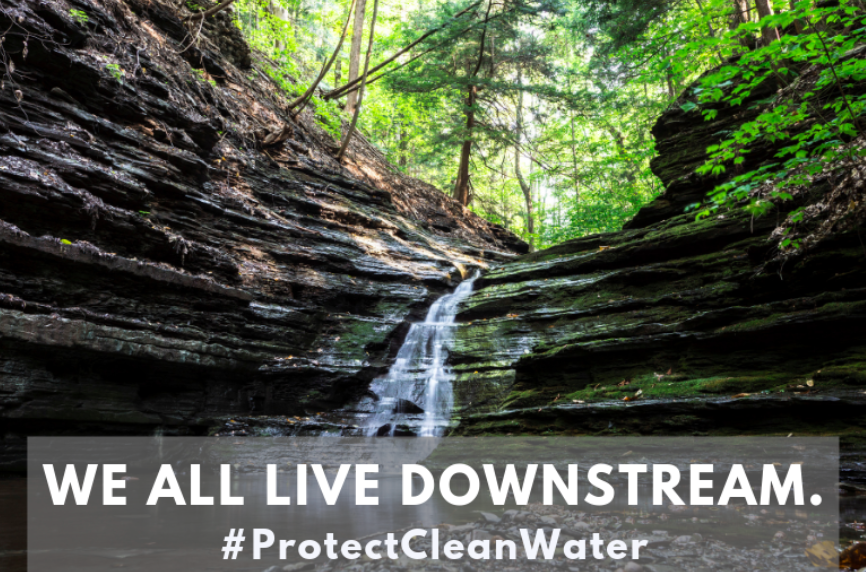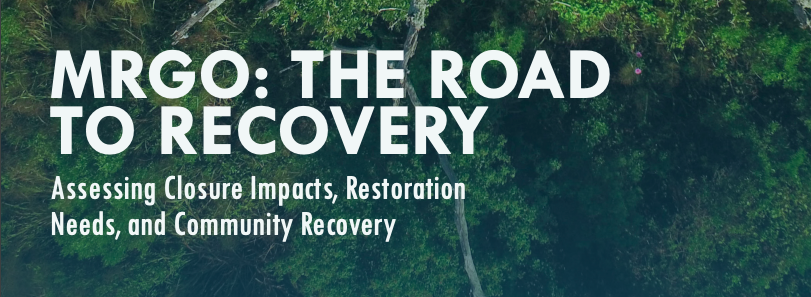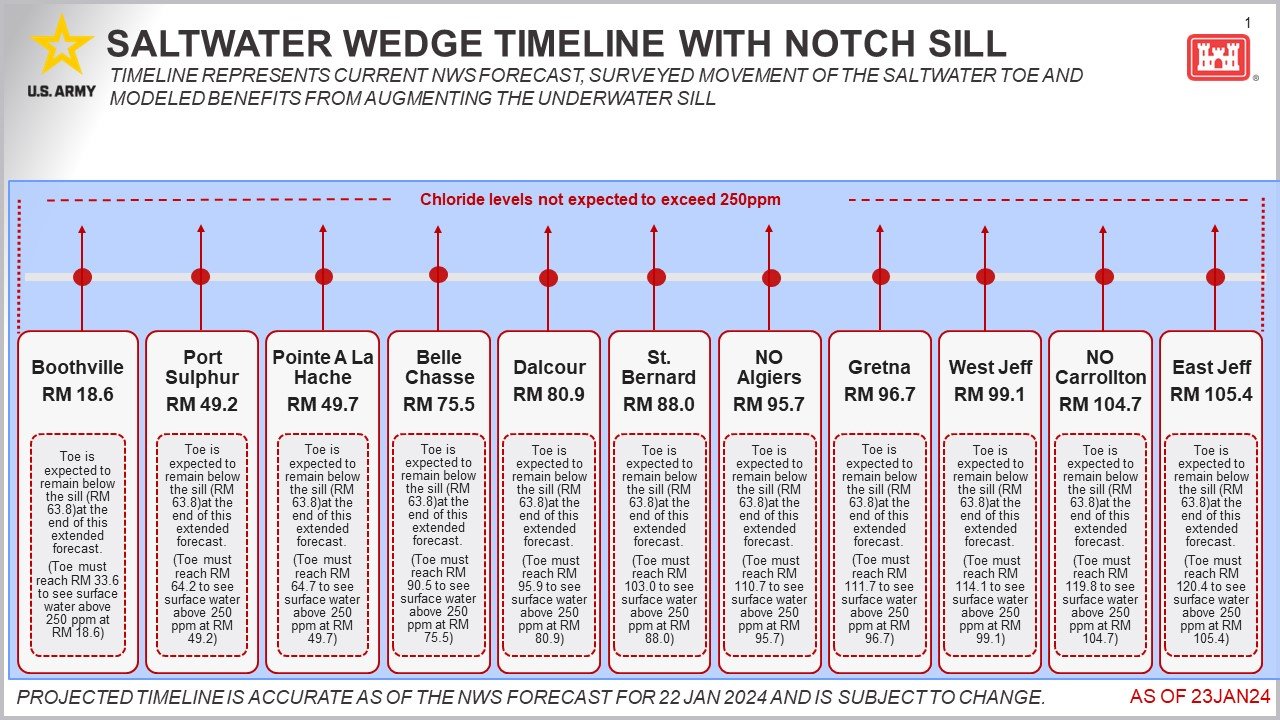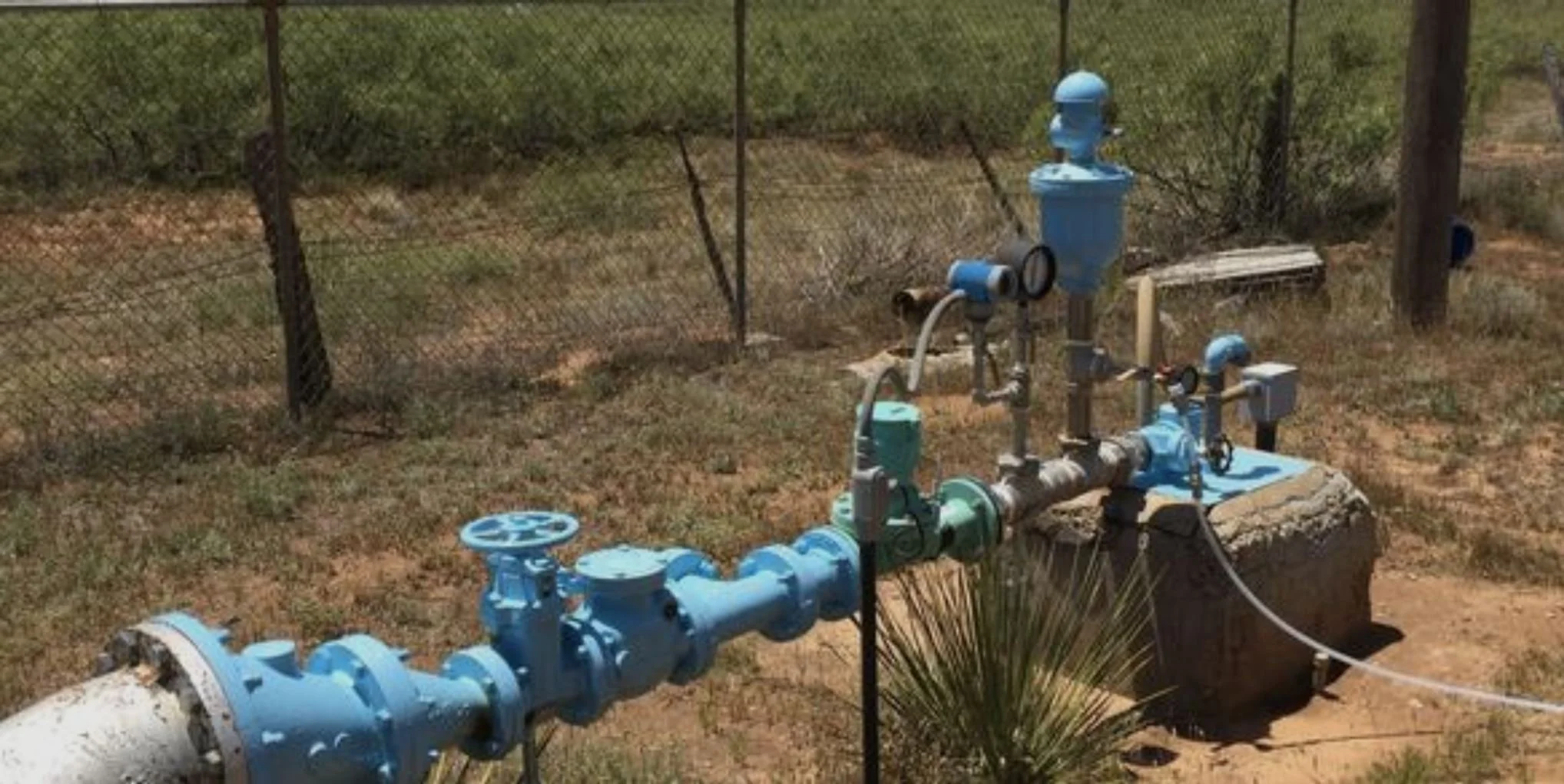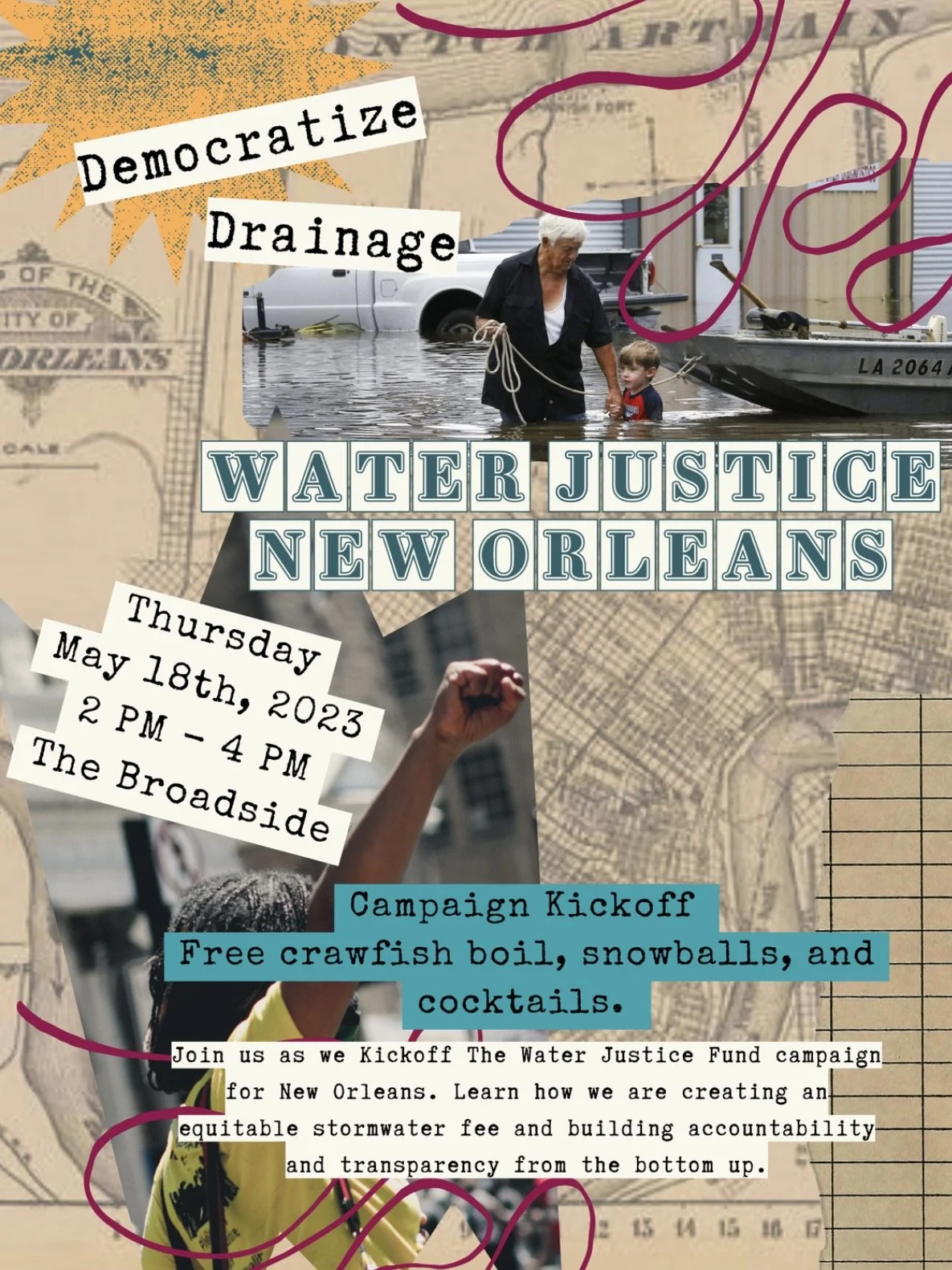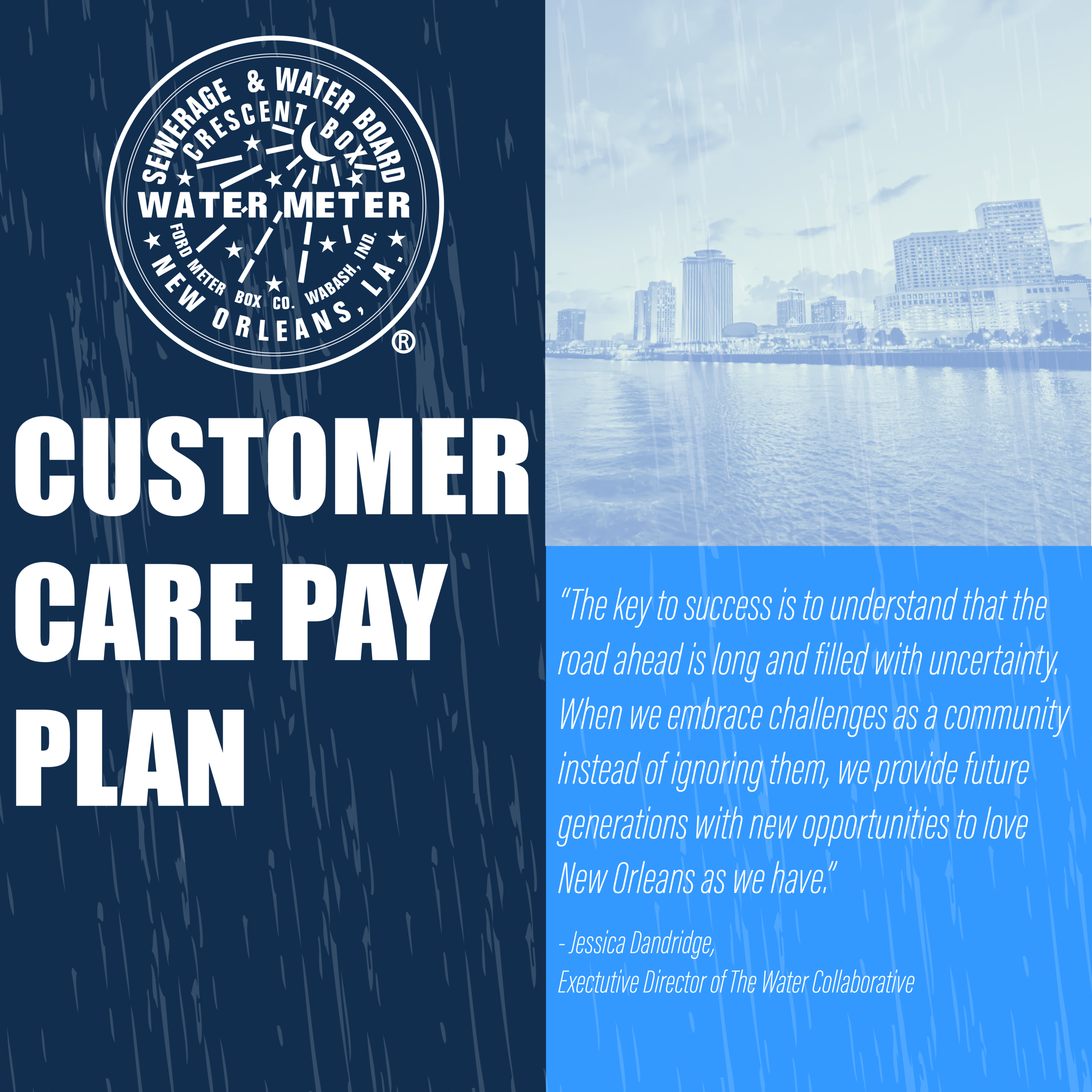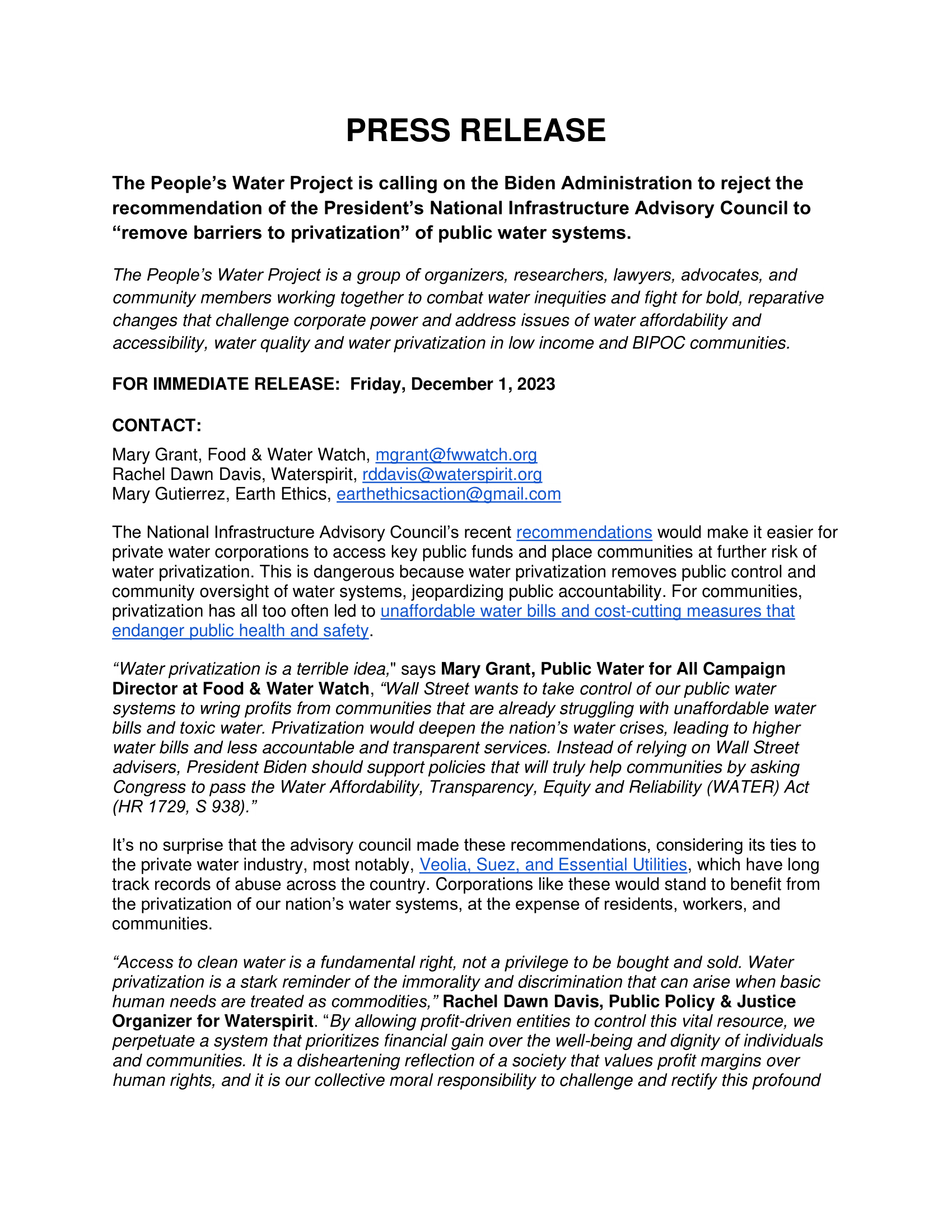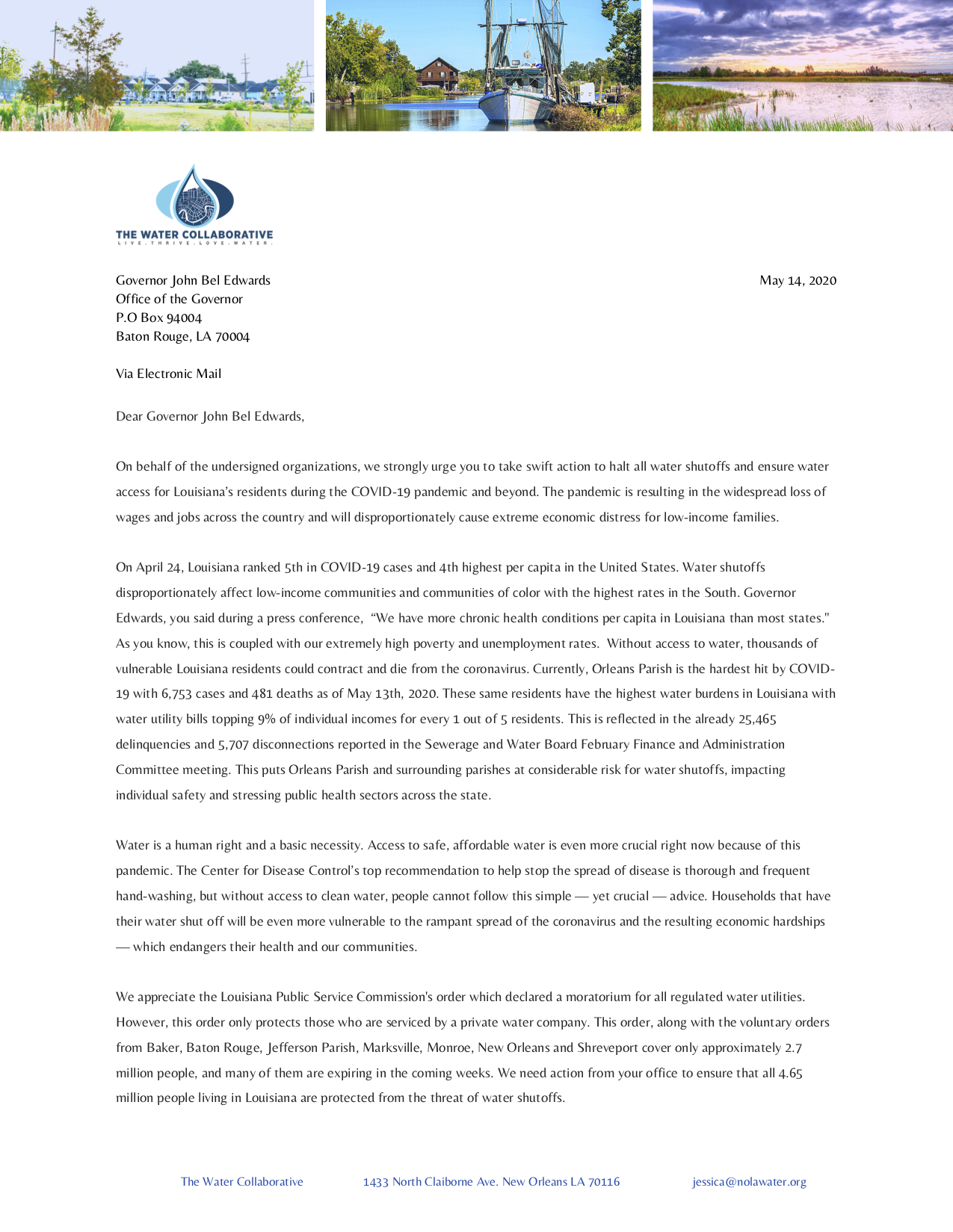
Policy Briefs
The USACE is conducting the Lower Mississippi River Comprehensive Management Study across seven states, with the aim of providing long-term management recommendations by 2027.
The Safeguarding Tomorrow Revolving Loan Fund, launched by FEMA, provides low-interest loans to states and tribes for disaster resilience projects. In 2023, Louisiana received the highest award of $6.91 million to bolster the state's efforts to enhance community resilience against natural disasters and climate change.
Several concerning water bills are currently under consideration in the U.S. House of Representatives, seeking to relax protections outlined in the Clean Water Act, potentially jeopardizing the health of the nation's waters and ecosystems.
The EPA has proposed designating two PFAS, also known as forever chemicals, PFOA and PFOS, as hazardous substances under the federal policy CERCLA, due to their potential to adversely impact human health and the environment. The EPA will release the final rule in February 2024.
Congress has granted the EPA new authority to restructure struggling water systems, particularly smaller utilities serving communities of fewer than 10,000 people, which face heightened risks of water quality violations due to insufficient funding.
The Lead and Copper Rule (LCR) of 1991 addresses lead and copper contamination in public drinking water systems. Subsequent updates, such as the Revisions in 2021 and newly proposed Improvements in 2024, seek to enhance drinking water quality, expand lead service line replacement efforts, and prioritize underserved communities.
The Clean Water Act of 2023 aims to strengthen water resource management post-Sackett v. EPA by reaffirming congressional commitment to the original act, defining protected water resources based on scientific evidence, and reinstating a national minimum standard of protection for waterways and wetlands.
President Biden's National Infrastructure Council's recommendation to endorse water privatization raises concerns about financial burden, environmental risks, and conflicts of interest, highlighting the need for federal investment in our public water systems to ensure water access amid challenges like aging systems, contaminants, and climate change.
The 2021 Bipartisan Infrastructure Law, which aims to address critical infrastructure needs nationwide, is facing challenges with the redirection of $2.3 billion in federal water funds to earmarked projects in the past two fiscal years. Learn how these changes affect Louisiana.
Water Resources
Local News and Events
The USACE is conducting the Lower Mississippi River Comprehensive Management Study across seven states, with the aim of providing long-term management recommendations by 2027.
Learn about Louisiana’s 2023-24 Saltwater Intrusion event that lasted 209 days. This dynamic resource was updated weekly, providing the latest developments from the Army Corps of Engineers.
In April 2023, an underground implosion at the Dutch Lane Water Well raised questions regarding the potential impact of carbon capture and sequestration (CCS) initiatives in Louisiana.
The Water Collaborative is partnering with the Environmental Voter Project to mobilize low-propensity environmental voters in Louisiana before the October 14th gubernatorial primary election.
Press Releases
TWC Updates
